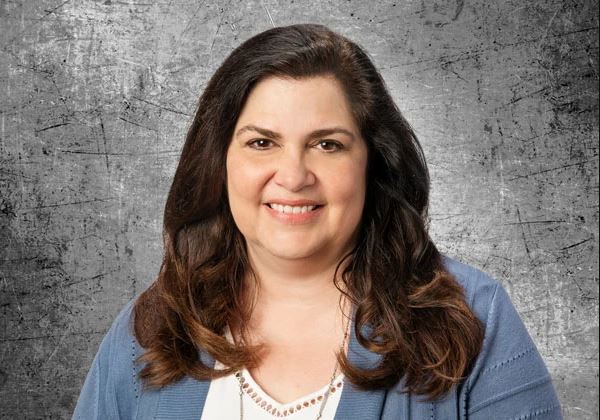
The Ethics of Notarial Duties and Conflicts of Interest
Ellen Lockwood, ACP, RP
Many paralegals are also notaries. Whether working for a law firm, corporation, or agency, it is convenient for attorneys and clients when paralegals as also notaries.
The primary purposes of notaries are to deter document fraud and act as impartial witnesses in the execution of documents. Notaries are public officials. Therefore, it is crucial for notaries to maintain impartiality, including avoiding even the appearance of a conflict of interest.
Texas notaries are prohibited from notarizing documents if the notary is a party to the transaction or instrument. Notaries also may not notarize documents if the notary has a personal, financial, or beneficial interest in the transaction or instrument. Further, notaries are prohibited from notarizing their own signatures.
Generally speaking, it is not a conflict of interest for paralegals to notarize documents for their employers or their employers’ clients. Even though a paralegal may benefit indirectly because their employer settled a case, closed a deal, or is receiving funding, those situations are not considered conflicts of interest. However, if there is any possibility that someone may think that the paralegal has a conflict of interest, the paralegal should have another notary handle the notarization.
Although not specifically prohibited by law, even if the notary does not have a personal, financial, or beneficial interest in the transaction, the best rule is to refuse to notarize ANY documents for family members. This will avoid any possible issues or questions regarding the notarization.
In addition to traditional notarizations, notaries also have the authority to administer oaths. The most common situations when a notary will administer oaths are when notarizing a document that requires the signer to swear or affirm to the information in the document, and when a notary must place a witness under oath to swear or affirm to the identity of the signer when the signer’s identity cannot be verified by their ID. When the administering an oath, notaries should read the oath or affirmation aloud, and confirm the signer is swearing or affirming the information in the document or the identity of the signer.
Notaries may also take depositions. This is why court reporters are also notaries. Nevertheless, although notaries are authorized to take depositions, that does not mean they should.
An attorney recently contacted me regarding a deposition notice she received. The noticing attorney had advised that there would be no court reporter, only a videographer, and that the noticing attorney’s paralegal would be swearing in the witness. The attorney was not comfortable with the situation and wondered if it was permitted.
The attorney and I quickly determined that the attorney’s paralegal is a notary, which does authorize her to administer oaths and serve as the deposition officer. But despite being authorized to do so, the attorney and I agreed that we did not think the paralegal could be considered impartial since she worked for the noticing attorney who represented one of the parties.
I located one case, Clegg V. Gulf, C. & S. F. RY. Co., 137 S.W. 109 (Tex. 1911) that appears to directly address the impartiality of the deposition officer. The court states that although the statute does not outline the qualification of a deposition officer, the court has clearly established that the deposition officer must be impartial between the parties. Therefore, in the situation described above, the other party would have a valid basis to object to the noticing attorney’s paralegal serving as the deposition officer. Fortunately, the parties agreed to hire a court reporter, so the issue was resolved.
Although it is useful and convenient for paralegals to also be notaries, paralegals must still remain impartial and avoid conflicts of interest when performing notarial acts.
Ellen Lockwood, ACP, RP, is the Chair of the Professional Ethics Committee of the Paralegal Division and a past president of the Division. She is a frequent speaker on paralegal ethics and intellectual property and the lead author of the Division’s Paralegal Ethics Handbook published by Thomson Reuters. She may be contacted at ethics@txpd.org.
If you have any questions regarding any ethical issue, please contact the Professional Ethics Committee.
Return to the Ethics Articles Home Page
Originally published in the Texas Paralegal Journal © Copyright Paralegal Division, State Bar of Texas.


